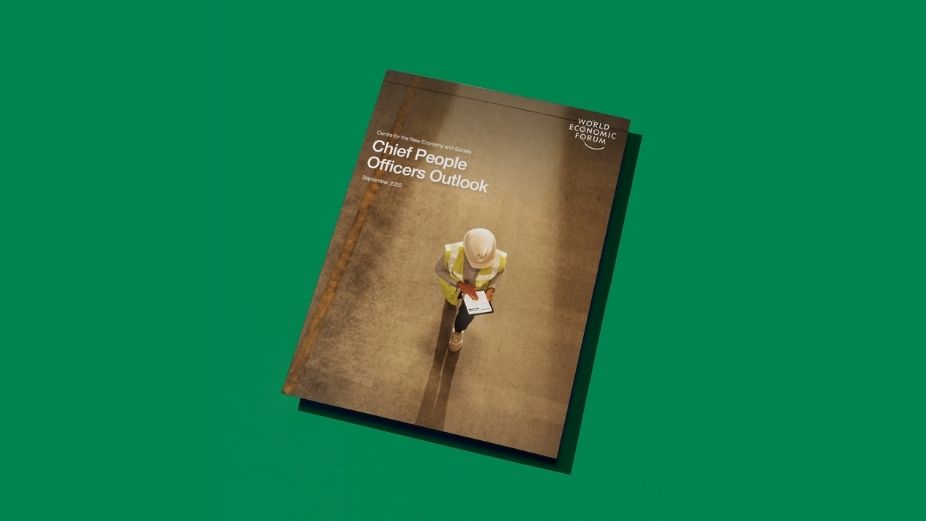
The World Economic Forum’s inaugural Chief People Officers Outlook highlights that human resource leaders are increasingly shaping business resilience and transformation, even as short-term labour market caution weighs on hiring and restructuring decisions.
Based on consultations and surveys with over 130 chief people officers between May and June 2025, the report points to a workforce landscape defined by uncertainty. While 42 percent of respondents expect labour markets to remain unchanged in the next 12 months, nearly one-third anticipate weaker conditions. This cautious sentiment reflects macroeconomic volatility, geopolitical tensions and the disruptive pace of artificial intelligence (AI).
At the same time, chief people officers stress the importance of long-term workforce transformation. Organisations are increasingly looking to redesign job structures, rethink company culture and accelerate AI deployment. These priorities reflect both strategic opportunities and pressing risks. AI is seen as a driver of efficiency and upskilling, but concerns about employee adaptation, skill erosion and ethical data use are widespread.
Talent availability also varies across regions. While the United States, China, and Europe remain relatively strong talent hubs, chief people officers note that global resilience depends on adopting more agile workforce models, including remote, hybrid and cross-border operations. Alongside these structural shifts, evolving worker expectations, particularly around flexibility, purpose and mental health, are reshaping employer and employee relationships.
For the year ahead, three people strategy priorities stand out: reviewing organisational structures and job design, fostering workplace culture and purpose, and managing AI deployment. Executives emphasise that these shifts will require strong business acumen, digital fluency and stakeholder influence within the people function. As one respondent put it, “you can’t separate people and business anymore.”
For Maldivian workplaces, these findings carry clear implications. With tourism, banking and public administration forming the backbone of the economy, HR leaders will increasingly need to look beyond traditional models of hiring and staff management. The rise of AI in global business processes points to a future where even local firms will be expected to integrate automation, from streamlining administrative tasks to enhancing customer service.
At the same time, Maldivian workers, especially younger generations, are likely to mirror global trends in demanding flexibility, purpose-driven work and stronger wellbeing policies. Employers that fail to adapt risk losing skilled talent to international firms offering hybrid or remote roles. The emphasis on job redesign and culture is particularly relevant for the Maldives, where small organisational structures mean leadership models and work environments play an outsized role in retention and productivity.
The report concludes that while disruption is complex, it is also an opportunity. By balancing technology integration with human-centred approaches, organisations can build resilience and shape more inclusive, adaptive and agile workplaces. Chief people officers, once primarily associated with HR administration, are now seen as central to navigating this transformation.









